New Delhi to offer free public transport for 850,000 women
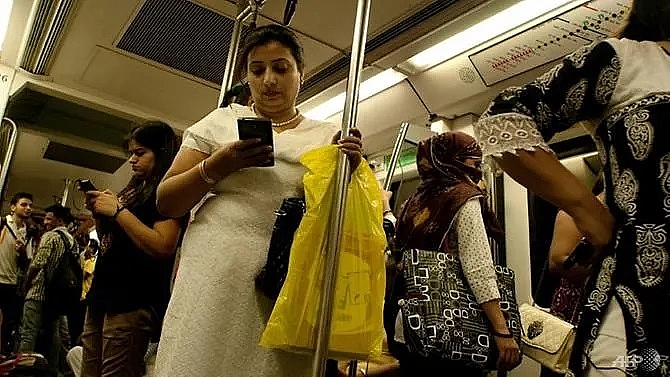 |
| In the next two-to-three months around 850,000 women will be able to use New Delhi's public transport system for free. (Photo: AFP/Anna Zieminski) |
The city has been notorious for women's safety since the 2012 gang rape and murder of a female student on a Delhi bus that sparked major protests.
The measure will be rolled out in the next two-to-three months for around 850,000 women.
Delhi chief minister Arvind Kejriwal, whose Aam Admi Party (AAP) swept to power in Delhi in 2015 partly on the promise of improved women's safety, said the plan said it would cost about US$115 million a year, but would improve security and cut traffic pollution.
The regional government is also looking to install 150,000 CCTV cameras across the capital this year, Kejriwal added.
The announcement came months ahead of an election in the so-called union territory, as his party faces a tough fight from Prime Minister Narendra Modi's powerful Bharatiya Janata Party (BJP).
"Public transport is considered the safest for women and keeping that in mind, the government had decided that ... all buses and the metro will be made free for women," Kejriwal told reporters.
Home to some 26 million people - nearly half of them women - Delhi recorded the highest rate of crimes against women in India, according to the most recent federal crime records data released in 2017.
The BJP and some women's rights activists dismissed the proposal as a gimmick before the election to be held in early 2020.
Modi's BJP, which won all seven of Delhi's parliamentary seats in a general election that ended last month, said there weren't enough buses in Delhi to take on the load if women commuters came out in numbers.
"It's a good idea, there's no problem with (it)," Delhi BJP chief Manoj Tiwari told reporters, adding they had similar plans if voted back to power in Delhi.
"BJP will also try to make all bus rides free in Delhi. We are working on it but we'll announce it after the details are ready."
Ranjana Kumari, director of Delhi-based women advocacy group Centre for Social Research, said free rides weren't a long-term solution, pointing out that the Delhi government had failed to fulfil poll promises, including CCTVs and marshals on buses.
"Why fritter away resources like that? Why not put them into the right places?" Kumari told Reuters.
On social media, too, many women were critical of Kejriwal's plan, calling for better security instead of free rides.
"Sorry sir, we want safe and secure travel, not freebies," Twitter user Shruti Vats said, using the hashtag "WomenSayNoToFreeMetro".
What the stars mean:
★ Poor ★ ★ Promising ★★★ Good ★★★★ Very good ★★★★★ Exceptional
Related Contents
Latest News
More News
- Thailand seeks to promote digital training (November 04, 2024 | 16:14)
- Indonesia attracts foreign investment in technology sector (November 04, 2024 | 16:08)
- Tropical storm Trami leaves at least 24 people dead in Philippines (October 24, 2024 | 17:36)
- Singapore grants conditional approval for solar power import from Australia (October 24, 2024 | 17:27)
- ASEAN digital economy set to reach $2 trillion by 2030 (October 22, 2024 | 15:08)
- Thailand asks Laos to waive visa fee at border checkpoints to boost tourism (October 21, 2024 | 17:23)
- Laos pledges to continue efforts to empower girls (October 21, 2024 | 17:17)
- Chinese electric vehicle maker to build plant in Indonesia (October 21, 2024 | 17:12)
- Vietnam Elevator Association introduces Elevator Safety Application to the world (October 18, 2024 | 09:00)
- A taste of the future - the go-to spot at the Worldchefs Congress & Expo 2024 (October 15, 2024 | 16:11)




 Tag:
Tag: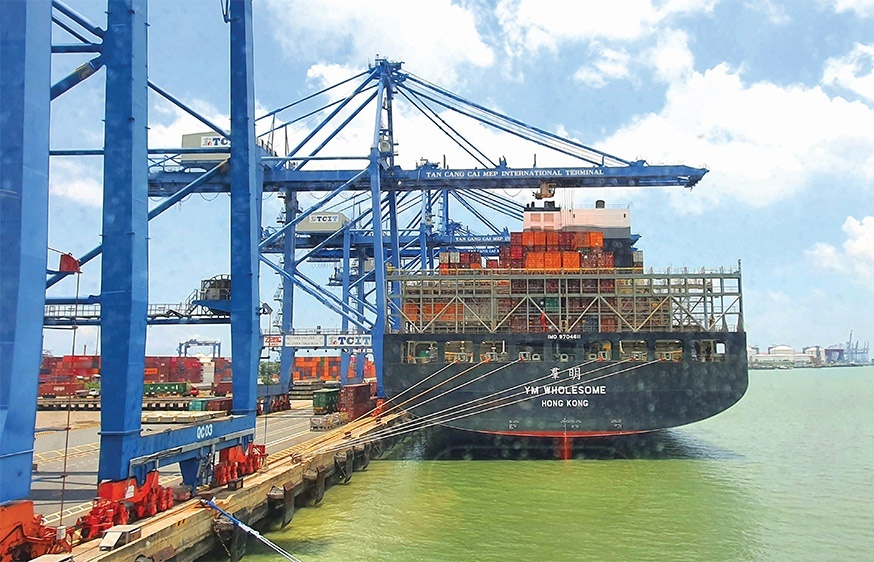
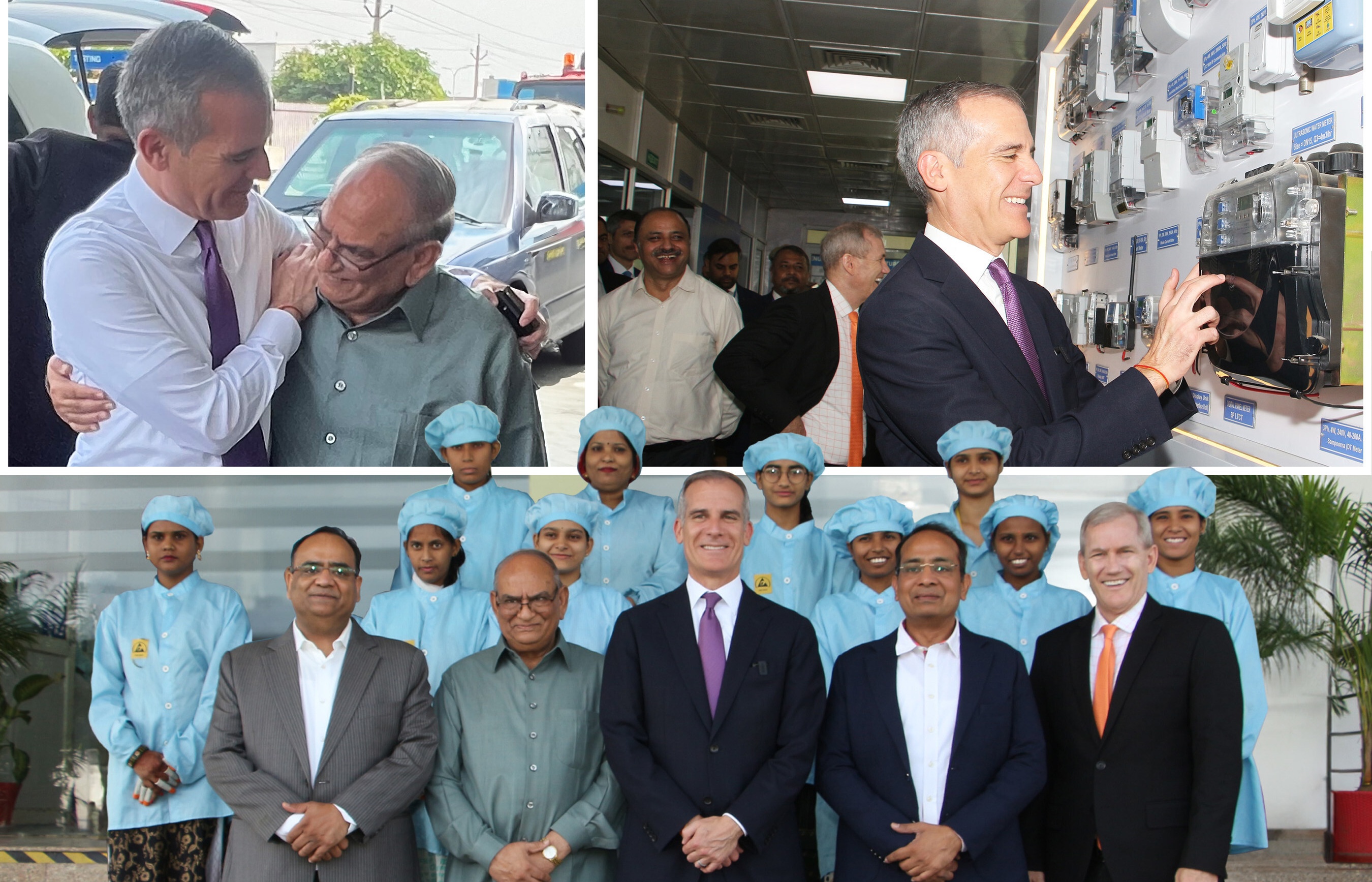
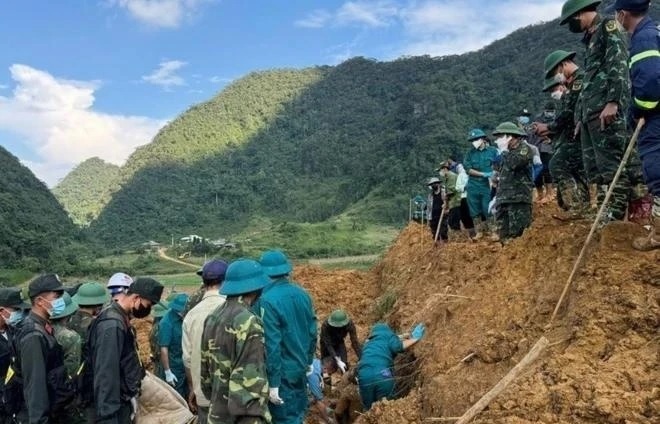
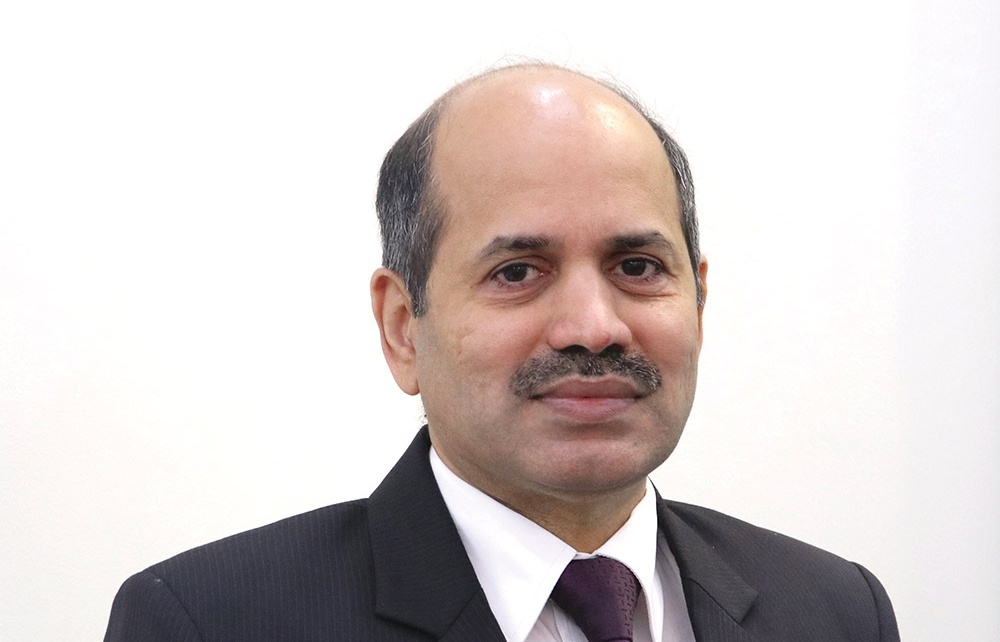
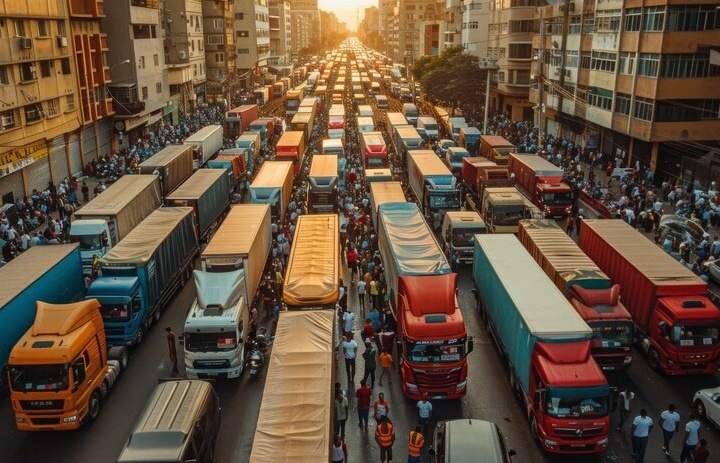
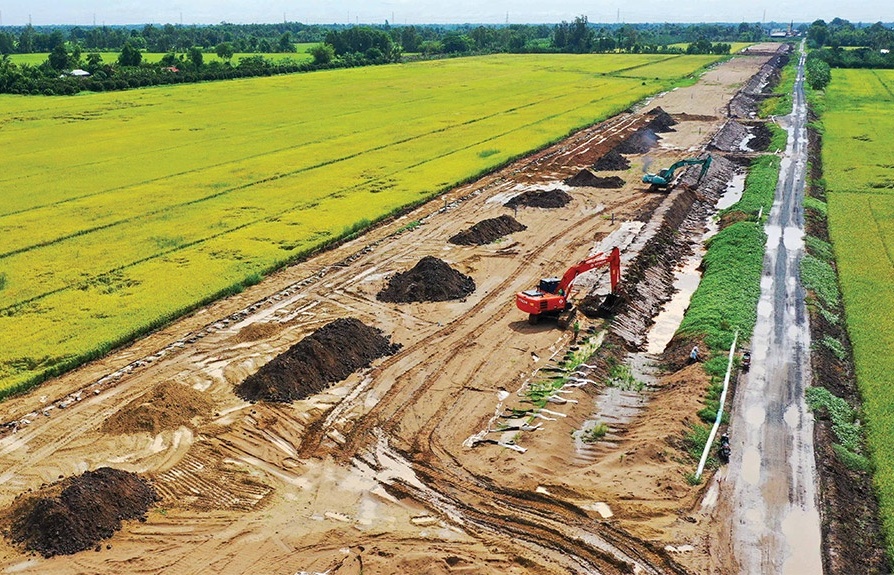
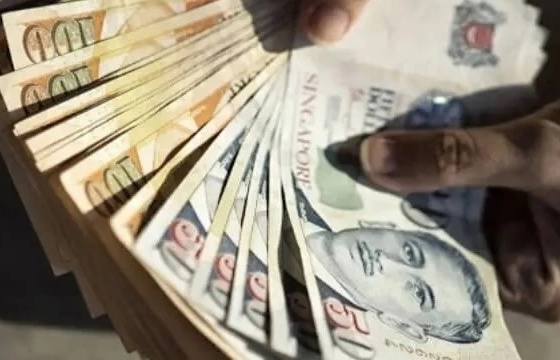
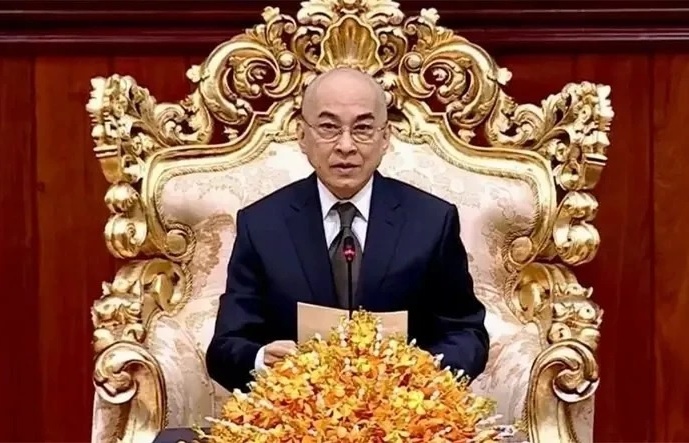
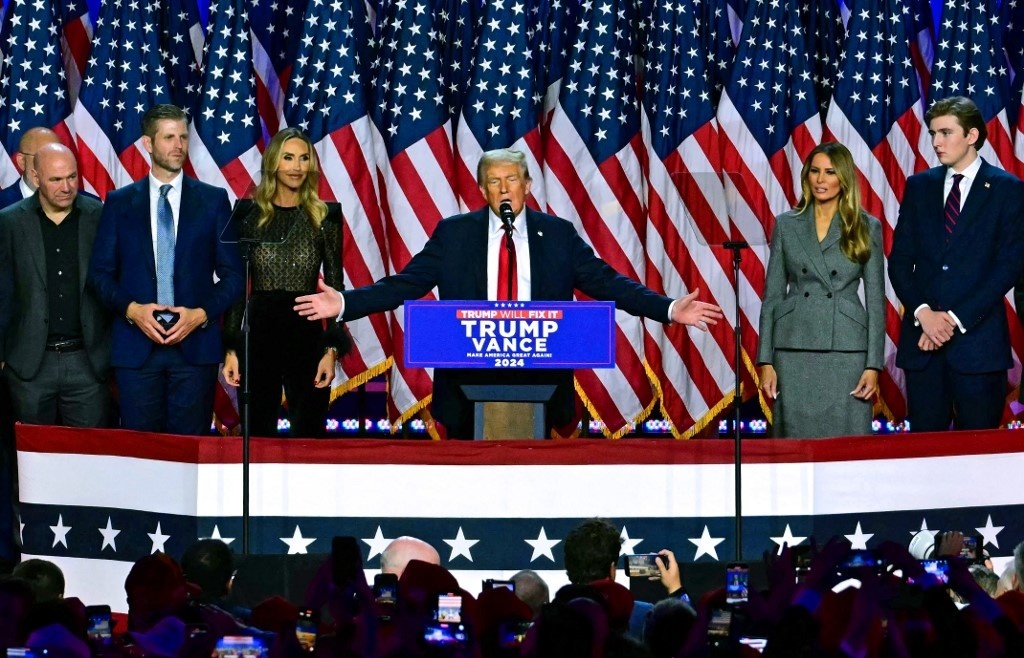

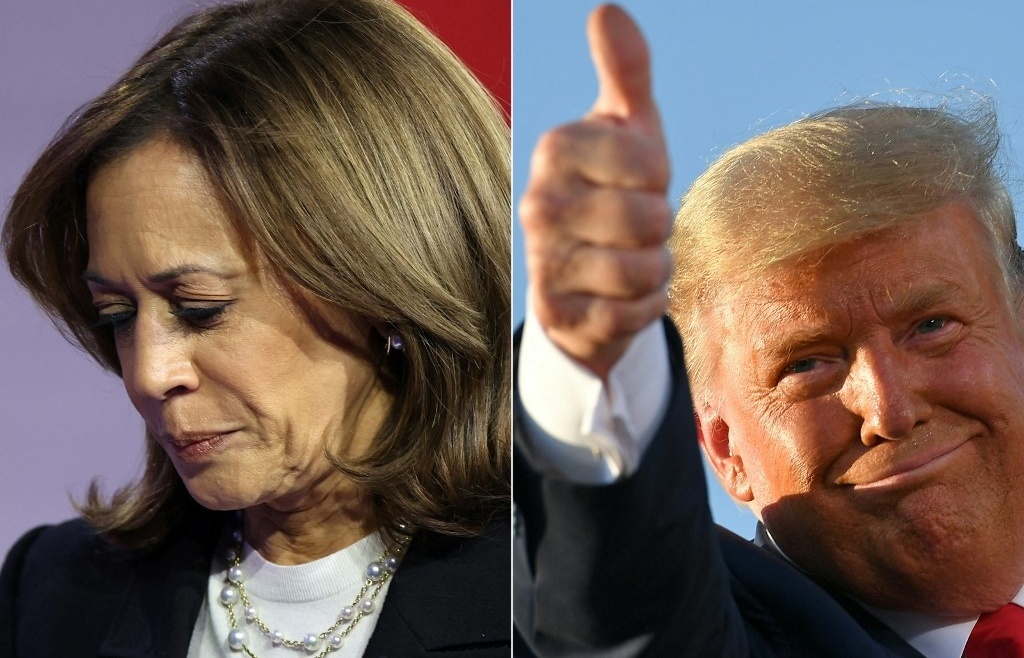
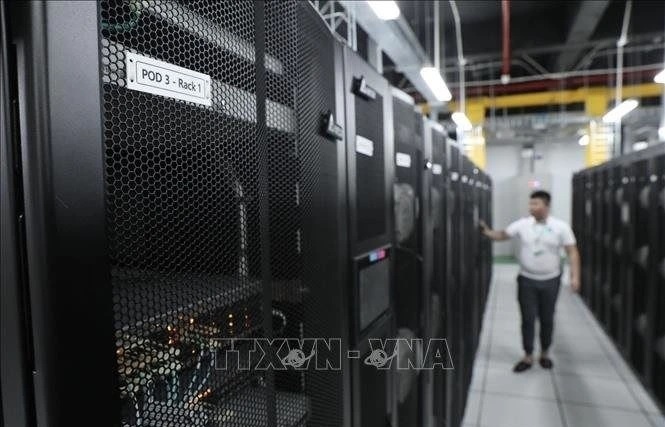



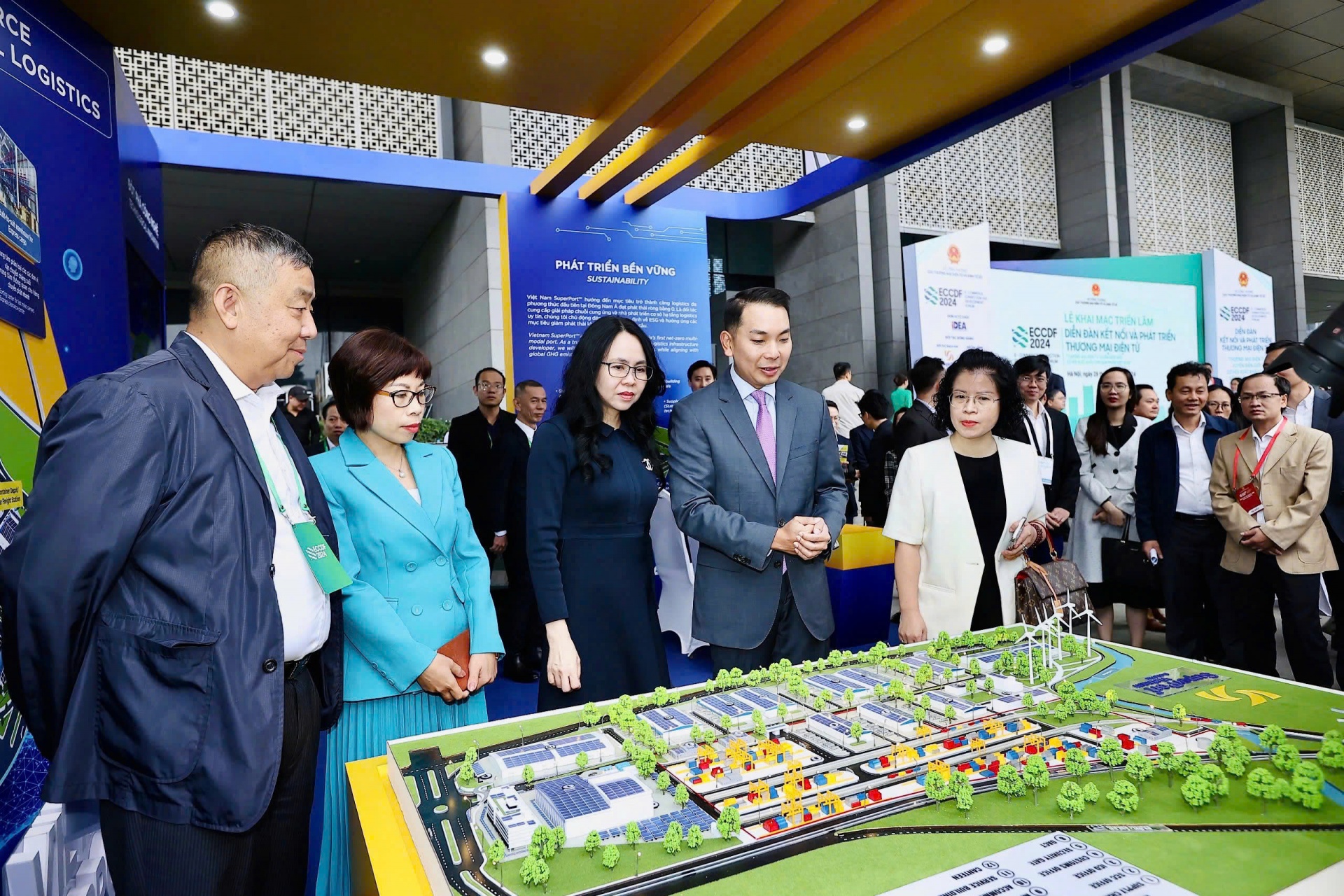



 Mobile Version
Mobile Version